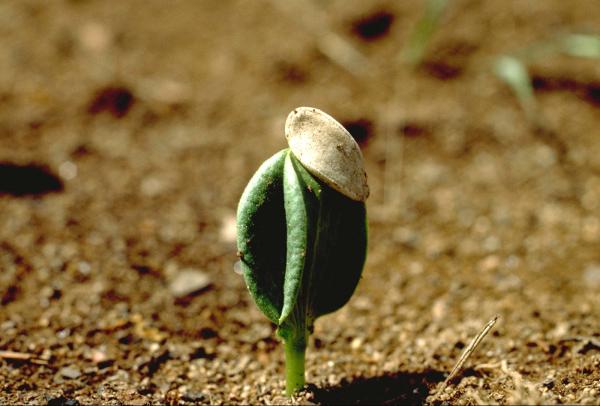Principled Compassion

Remarks at the High Level Meeting on Wellbeing and Happiness: Defining a New Economic Paradigm, hosted by the Royal Government of the Kingdom of Bhutan at the United Nations Headquarters, New York, April 2012.
From the reports this morning given by respected scientists, economists, and government officials, we have heard about the criticality of the human impact on the environment and society at this time on our Earth. We as well have heard about the grave prospects for further catastrophic events in our shared future.
Our era has been called "the Anthropocene," the age of humans, by atmospheric scientist Paul Crutzen, because of the profound effects human beings have had on our planet in the recent past and currently. As well, sadly, our view of the world is mostly an anthropocentric one, one which is human centered. For example, the rights of nature have been vastly ignored and the natural world has been termed a "resource" subject to unsustainable exploitation. Thus, many have become blind to the fact that the Earth is an interdependent living system, and our human actions have profound effects on the well-being of all.
In the course of our time at this high level meeting, at essence we are addressing the issue of violence, both structural and direct violence toward our environment, creatures, societies, and humans. In the light of this, whether the structural violence of economic, corporate, or political entities or the direct violence of wars or bullies, in truth there is no human being on Earth, no clan or group, no species or bioregion that is not subject to the depredations caused by us human beings.
When we look deeply at our current and future situation, we can recall the words of Nobel Laureate Aung San Suu Kyi, who said that all human beings have the right to be free from fear. Freedom from fear means that we are living in a peaceful world where basic human needs are being met, and where well-being is engendered for all species.
Thus, we must consider the importance of the development of moral sensitivity so that we can feel and assess the crisis we are in and consider the magnitude of the global social and environmental catastrophe that we will be facing in the not-too-distant future. In addition, we must develop moral character to have the resolve to take steps at this time to engage in decisions and actions that mitigate suffering now and in the future. And finally, we must commit to a path of moral responsibility, a path of compassionate action and personal and collective discipline that draws us away from the environmental and psychosocial danger zones that we are creating as we commodify our earth and even each other.
To be seated in a moral perspective, we must cultivate a worldview that is based on principled compassion and pragmatics. To this end, the following points must be operationalized:
• We must engender a systems perspective, realizing the interdependent nature of our world
• We must practice radical inclusivity and foster requisite variety; monocultures are always vulnerable
• We must implement parity, vis à vis women, youth, indigenous peoples, all species
• We must take social and environmental responsibility for all of life
• We must recognize the profound value of compassion and altruism
• We must educate and train ourselves, our children, truly all of us, in the value of love and kindness, and apply our kindness in service to others, including our imperiled environment
We understand that how we think and feel is influenced by how we view the world and ourselves and primes values and behaviors. To this end, we also must recognize the trainability of beneficial mental qualities that provide the means for us to live responsibly, compassionately, and wisely.
Thus, we must engage in ethics training, mental training, and values training. This training must be implemented in educational institutions, government, corporations, medicine, business, and in our prison systems. We must recognize that we have no alternative but to cultivate radical compassion at this time.
His Holiness the Dalai Lama has said: "Kindness and compassion are not luxuries; they are necessities for our human species to survive." Our survival depends on us cultivating the courageous and wise qualities of mind and heart that will deliver us into a future that is characterized by relational well-being with and for all species. We have to take responsibility for nourishing a future that is not only sustainable but is characterized by the flourishing of all beings.




